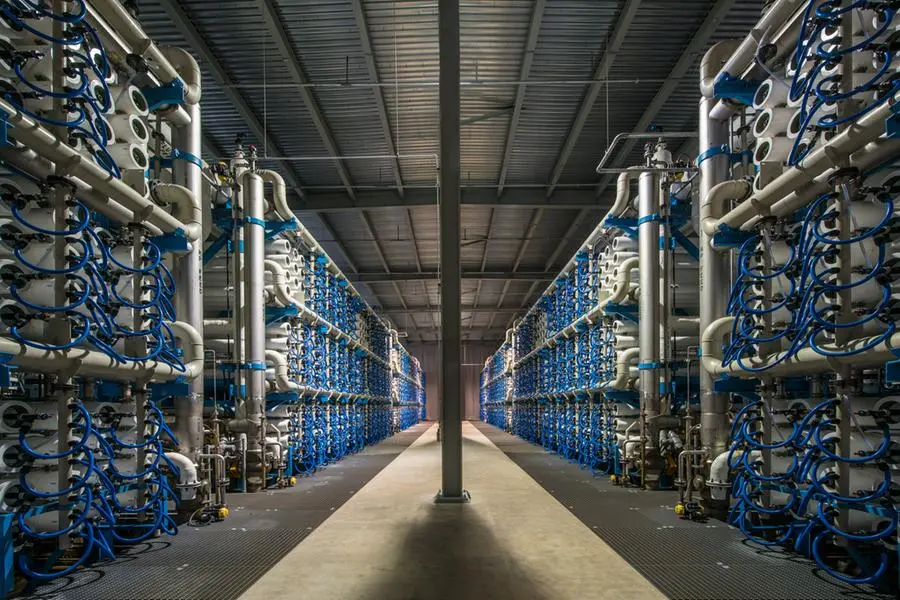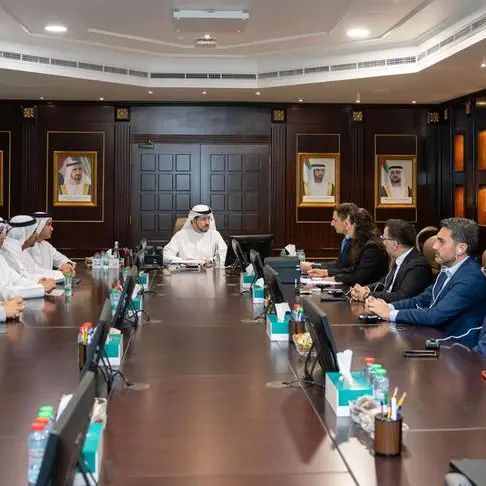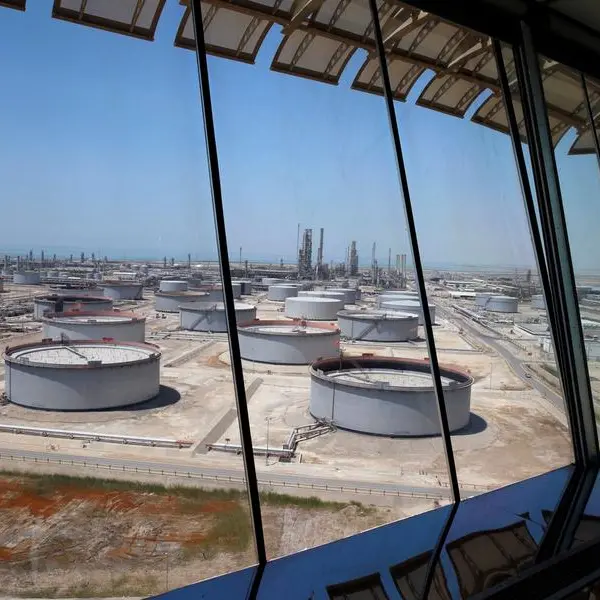PHOTO
Doha, Qatar: Qatar’s water sector integrates sustainability into its water management and desalination projects by embedding it as a fundamental aspect from the onset, ensuring it permeates every facet of the project lifecycle.
However, sustainability remains a core principle for businesses to implement the right approach, starting with the initial stages of project development.
Experts in the country elucidate that this involves a meticulous analysis to ensure projects align with key Environmental, Social, and Governance (ESG) principles, often leading to the exclusion of commercially viable opportunities that do not meet sustainability criteria.
Speaking to The Peninsula in an interview, Guillermo Hijós, an expert in the water desalination sector and the Desalination Director for the Middle East and Oceania at the Water business of ACCIONA, highlighted that sustainability takes precedence, focusing on maximising efficiency and safeguarding the health and safety of employees across Qatar.
He said: “Sustainability is crucial for operations and maintenance. This includes strict safety protocols, ecological care, and efficiency improvement measures through asset replacement and technology upgrades.”
The expert noted that the firm generates positive societal impact within the communities and involves implementing social impact programs, audited by third parties such as KPMG, and aligning their actions with Sustainable Development Goals to ensure measurable, beneficial outcomes.
“ACCIONA aims to minimize negative impacts and actively contribute to the regeneration of communities and environments, aiming for a positive, regenerative impact that improves societies and ecosystems,” he stressed.
However, the industry continues to encounter several challenges in the region and across the globe in terms of the quality of water.
In several locations, such as specific plants in Australia and Spain, the high quality of incoming seawater simplifies operations, allowing the reverse osmosis system—central to our operations—to function efficiently without frequent chemical interventions. This ease of operation is influenced by factors such as the seawater’s temperature, salinity, and Biological Oxygen Demand (BOD), which could encompass elements like algae, solids, and jellyfish, each presenting unique challenges.
In the Middle East, particularly, the salinity and temperature of the water pose significant challenges, compounded by climate change effects like more frequent algae blooms and jellyfish presence. Given the critical importance of water security in this region, where desalination is a primary water source, it’s imperative to maintain plant operations even during adverse events like algae blooms. This necessitates the adoption of technology for predictive and preventative maintenance strategies to ensure continuous operation.
However, the company has adopted the latest technologies including tangible, hardware-based technology and digital technology, which deals with data analysis and provides advanced support for decision-making.
“Beginning with hardware technology, one of the significant advancements in Qatar has been implementing systems that effectively manage the biofouling rates in our plant membranes after about a year of operation. This issue arises from the high temperatures and biofouling content in the incoming water, leading to frequent blockages of reverse osmosis membranes”, Hijós said. To address this issue, the company’s R&D team from Barcelona was brought in to analyze water samples and conduct detailed examinations of the membranes, applying their extensive expertise in membrane autopsies.
He noted that “Their investigation led to a targeted chemical dosing strategy at specific plant locations, significantly reducing fouling rates and allowing us to meet our service and availability commitments.”
Digital technology, on the other hand, adopted a cautious and gradual approach to digitalisation. He further added that “We’ve been working on predictive models using satellite imaging and weather data to anticipate algae blooms, as well as AI tools to optimise the operational efficiency of our processes beyond human capability.”
© Dar Al Sharq Press, Printing and Distribution. All Rights Reserved. Provided by SyndiGate Media Inc. (Syndigate.info).





















